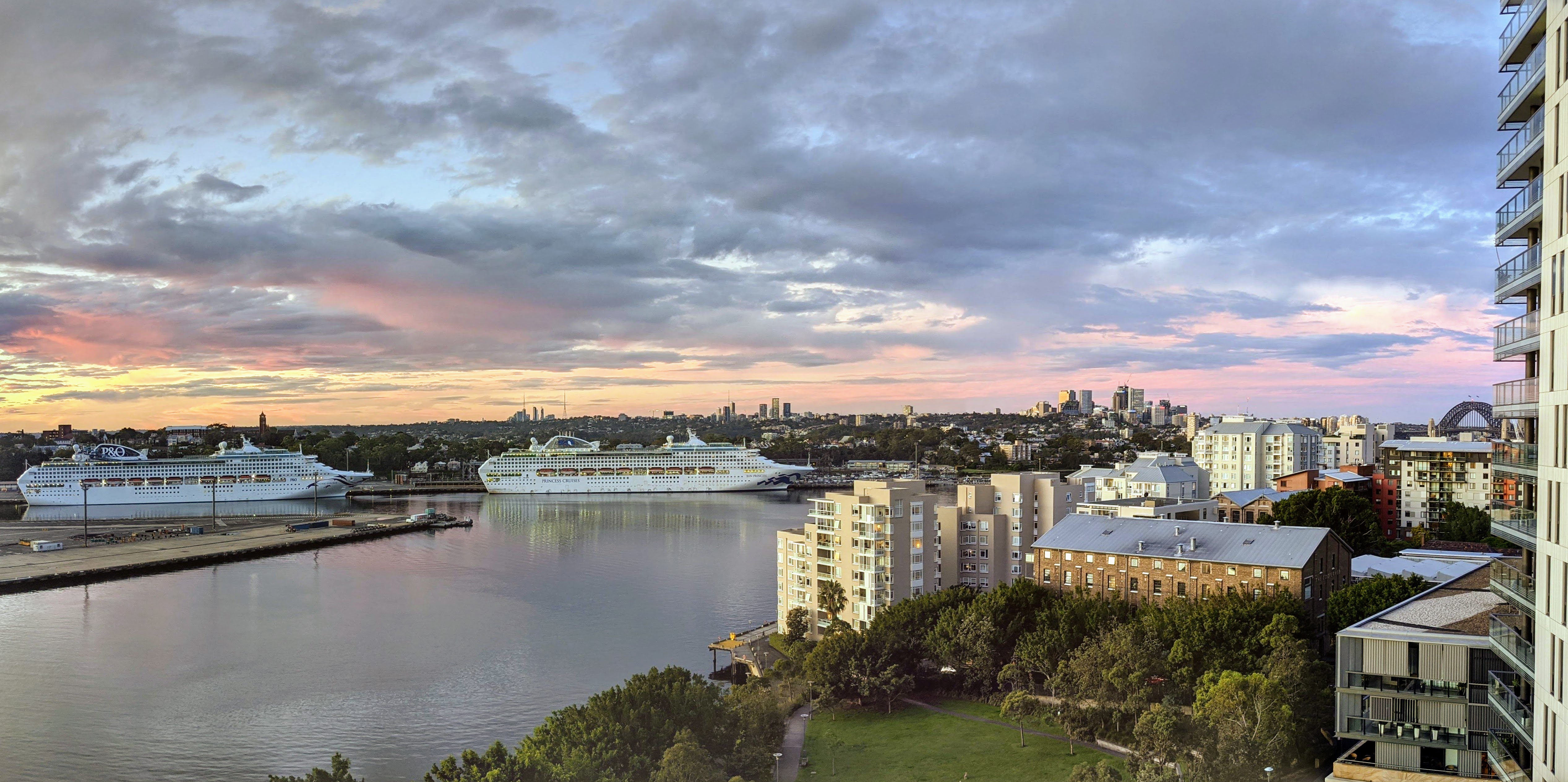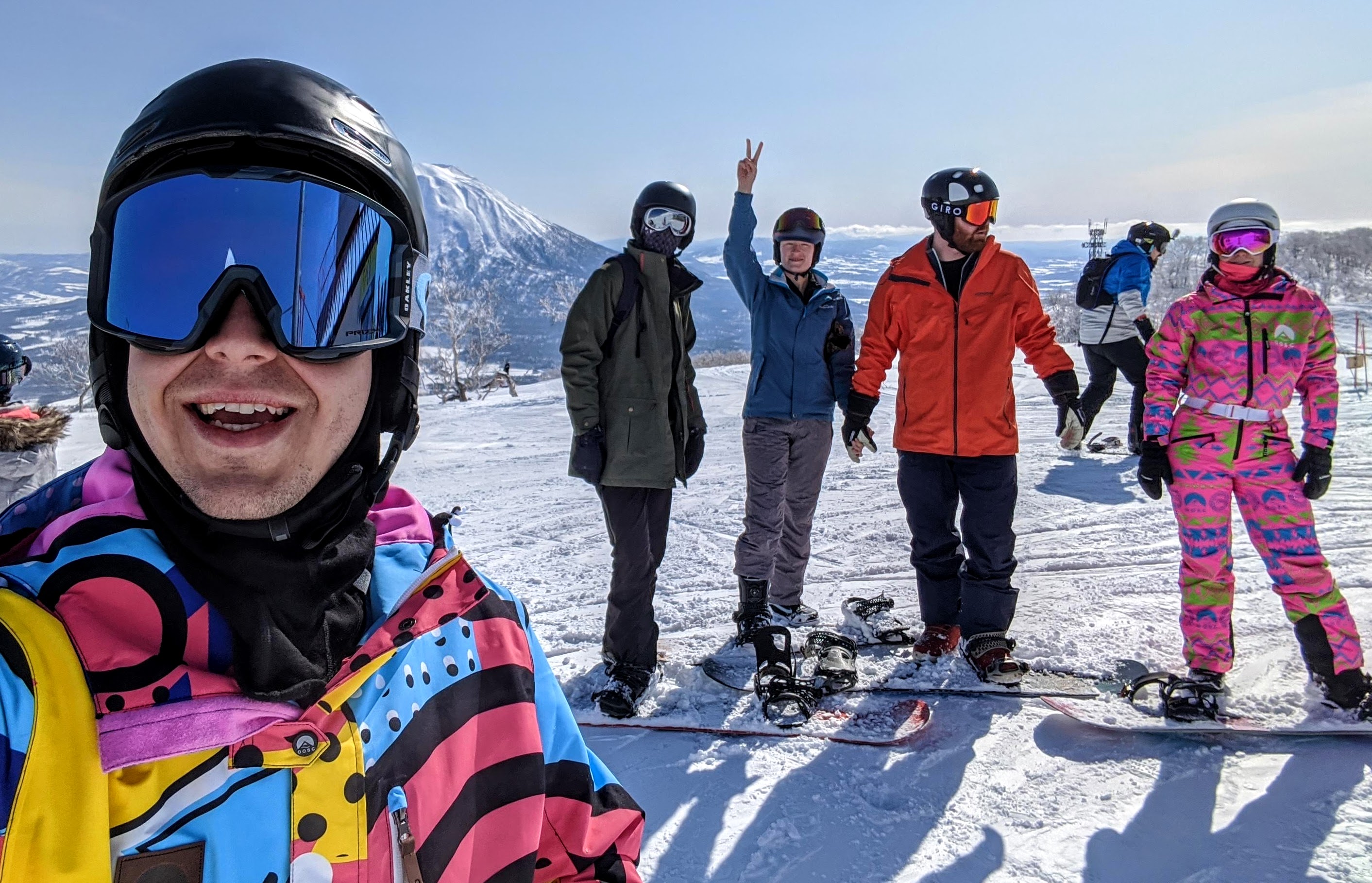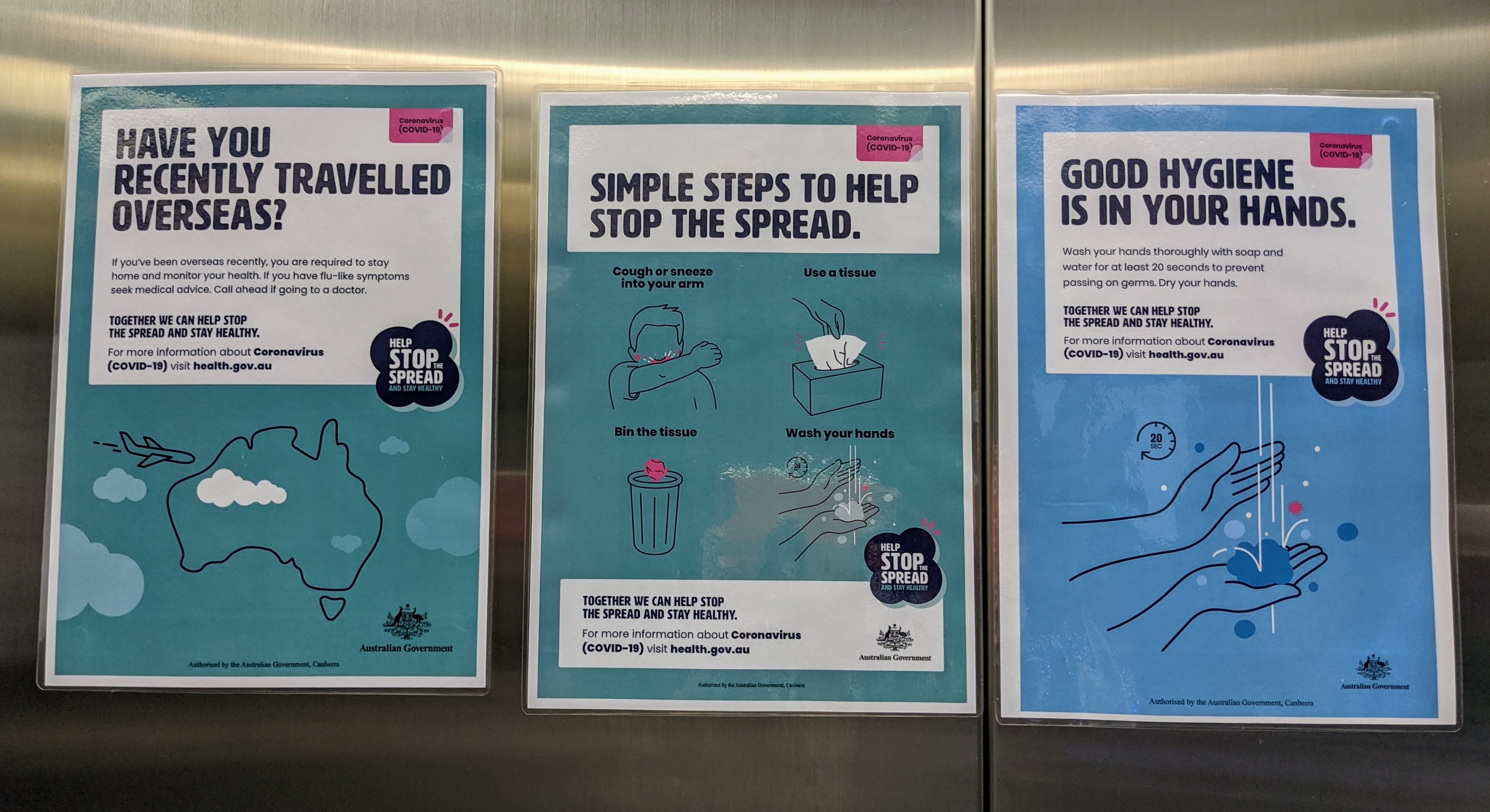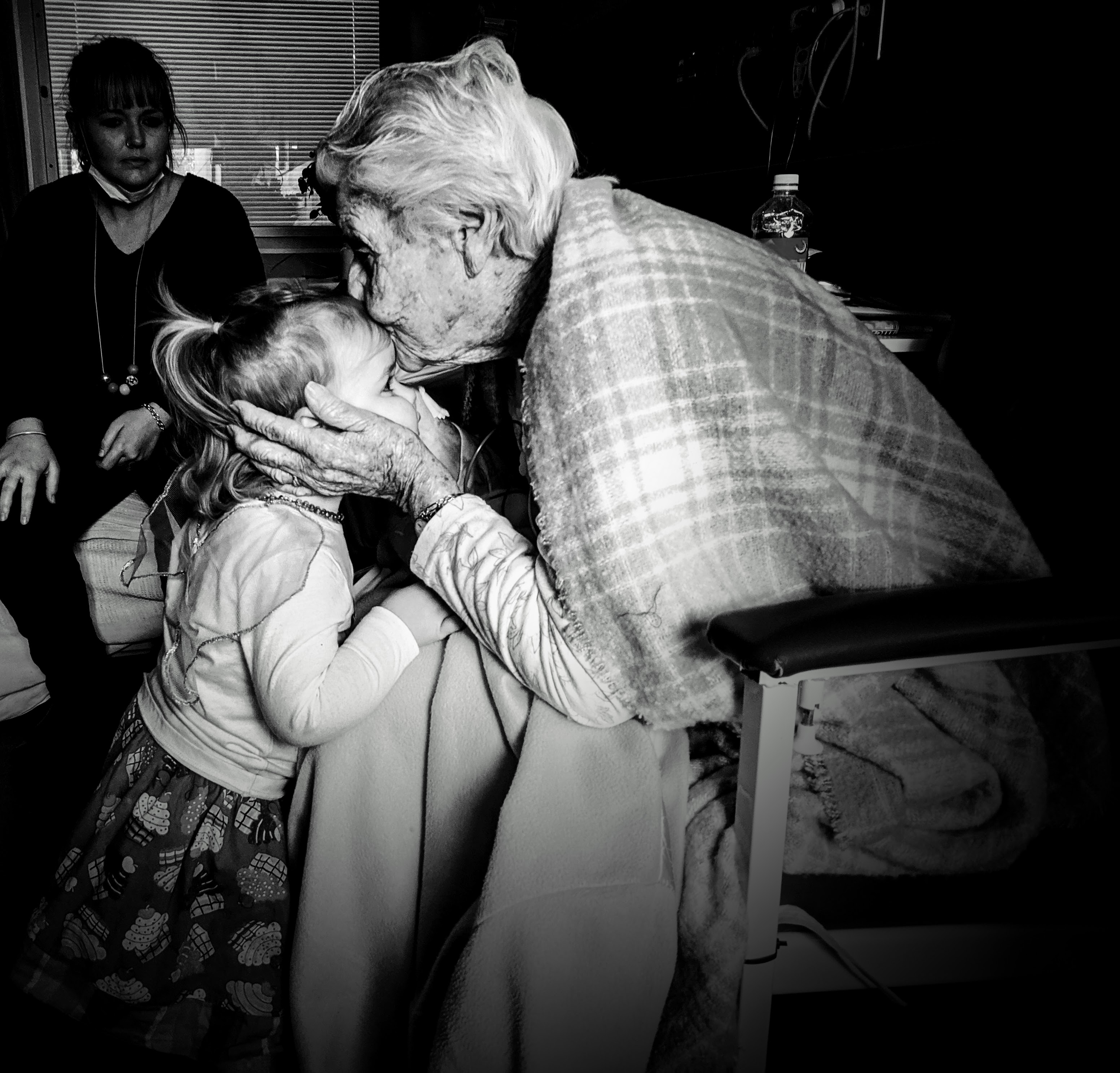Will life be fundamentally changed after this? In old age, will we look back on our lives and describe all of our major life events as pre-covid and post-covid?
On 30 January 2020, the WHO declared the outbreak a Public Health Emergency of International Concern and on 11 February named the disease COVID-19 because it is a form of coronavirus and was first reported to the WHO country office in China on 31 December 2019. It is a global disease that spreads quickly and invisibly. In 2020 we are living in a hyper-connected global society, and so it is probably not hyperbolic to say every person on the planet will be impacted by this disease.
There is no doubt going to be an impact of devastating proportion from this pandemic. But of course, there already has been. Globally, as of today, more than 58,000 people have died from coronavirus and there have been more than 1 million cases. And of course, these are only the cases we know about and the figures that are reported. The actual numbers could be anywhere from 10 to 50% higher. Indeed, in the UK, a person is not even tested for the disease unless he or she presents to the hospital because the symptoms are severe enough to require hospitalisation. Around the world, tens of thousands of people have been sick and lost jobs, many have experienced the loss of a loved one and countless are facing significant financial stress. As I write, there are a great number of travellers stranded in foreign countries either because they have no money to get home or because there are simply no flights. There are 4 million refugees in Turkey now at high risk of being in the middle of an uncontrollable outbreak. There are hundreds of people confined to their cabins on cruise ships off the coasts of foreign countries whose governments refuse to let them disembark. This includes 6 ships off the coast of Australia, thousands of kilometres away from their home ports. There are millions of people confined to their homes whether by choice or by military force. And there are also those who cannot remain at home because they are keeping our society functioning - supermarket workers, health care workers, energy system operators, delivery drivers, food suppliers, among many others.
It’s not a question of whether the world has changed. It has. It’s a question of how much and with what degree of permanency.

Two stranded cruise ships in Pyrmont, Sydney
The first day we personally felt the real impact of this virus was on Saturday 29 February. On that day, it quite suddenly became real and directly relevant to our lives. However, only three days earlier we had left Sydney for a five week holiday. Our first stop was Japan to go snowboarding in Niseko. At that time, the news of a coronavirus outbreak from the Wuhan province of China was known and it had started to spread outside of China. In particular, there were higher rates of infection in South Korea, Italy and Japan - but only in the latter because of a cruise ship outbreak. Before we left Sydney, we joked that three out of the four countries with concerning infection rates were on our travel itinerary, but we left Sydney only mildly concerned about our travel plans and with the intention of keeping an eye on developments. And in only three days we went from cautiously optimistic to undeniably concerned. The incessant hand-washing and use of hand sanitiser started as well as the beginning of ‘social distancing’ and cancellation of social gatherings and events.

Snowboarding in Japan days before arriving home for an indefinite period
On the Saturday morning our flight from Japan to Prague, via Seoul, was cancelled by the airline. On Saturday afternoon we rang our friends who we were travelling to Italy with to discuss whether going to Italy was a good idea, and we all agreed it wasn’t. By Saturday night, we booked a flight home to Sydney and cancelled every other flight and accommodation booking for the remaining month of our trip. Some friends suggested we might be being unnecessarily precautious. Two weeks later, when we would have been in Italy, the outbreak was uncontrollable, tens of thousand of people were dead and the borders were shut. It was obvious to us, making that decision in February in Japan, that this thing was going to shut down global travel. And over the next few weeks, that is what happened. Each day a new travel restriction was introduced, more flights were cancelled and new borders were closed. We did not want to take any risk that we would be stuck on the opposite side of the world. We made the right decision.
In mid-March I rang my dad and stepmum, who were in the UK, and practically begged them to come back to Australia. They contemplated ‘riding it out’ over there for a few months. I suggested that this was going to go on for much longer than a few months and that they needed to make a decision while they were still able to. They decided to come back. But deciding you want to get home in the middle of a pandemic when nearly all air travel is cancelled is one thing. Actually getting on a flight home is another. After days and many hours on hold booking flights, two cancelled flights and a 25 hour flight home on the unique QF2 flight (London to Sydney via Darwin), they arrived back in Australia. That was Saturday 28 March 2020. They missed the mandatory hotel isolation by one day and so after 4 hours getting through customs they went to self-isolate in serviced apartments not far from us in Pyrmont.

These are typical coronavirus education signs on display in our apartment elevator
In the week prior to their arrival I was making a trip to the supermarket every day. We had only just moved into our new apartment and had no pantry supplies ourselves and I also needed to shop for them so that they would have supplies during their mandated two-week isolation. On each visit, I would hope to find the items that hadn’t been there on the previous trip - toilet paper, meat, hand soap, flour, long life milk, pasta, tissues, wipes, canned food… Being born in 1989 in Australia I have never lived through a war. I’ve never seen empty supermarket shelves cleared out of essential items or been subject to product limit purchases (except on holiday in Cuba). But thanks to the purchase limits, extraordinary logistics by supermarkets and dedicated staff, the hoarding has mostly ceased and the supermarket shelves are generally replenished with stock as usual.
After an atypically stressful week of supermarket visits, I dropped off the grocery supplies in the apartment the day before their arrival and then impatiently awaited the message evidencing their safe arrival home. It came, the relief washed over me, and then 72 hours later it was gone again. Sue wasn’t feeling well. On Sunday, they rang the government’s covid hotline and were told to go to RPA hospital for tests. On Tuesday the tests came back - both positive for COVID-19. Sue was very unwell so was taken to RPA and admitted to ICU. Dad was relatively asymptomatic and stayed in isolation in the apartment. Then all that we could do was wait.
There is no cure. There is no treatment. If you have trouble breathing there is oxygen and ventilation. There is pain relief. But there is no cure. The effects are different for different people. Some are asymptomatic and others die, with or without underlying health conditions. The risk for those over 70 or with respiratory conditions is higher, but this disease does not discriminate. This week, a 13 year-old died in a hospital in London. Alone. Patients in hospital with covid are isolated and only seen for minimal obs and food delivery. They are just waiting to get better rather than to deteriorate further. Those, like my dad, who are in isolation and separated from loved ones who are sick in hospital are lonely, worried, and completely powerless to do anything at all.
Quite possibly the worst thing about this crisis is that we are all isolated from each other. Just a few months ago, Australia was in the grips of the most devastating bushfire in our country’s history. We lost lives, homes, businesses and precious wildlife as it burned through 18 million hectares of our drought-ridden and devastatingly beautiful country. It was catastrophic. But people came together to support and care for each other. During any other crisis you can hug someone who is grieving, you can visit a loved one in hospital, you can place a hand on the shoulder of a stranger, and you can visit those in need or welcome the homeless into your home. But this crisis is different. (And unfortunately it has also caused a loss of momentum for public debate on the climate crisis.) This health crisis drives us into the smallest family units we can exist in (those who we live with) and leaves us on the end of a video call craving for someone, anyone, to give us a hug.

Nanna and great granddaughter Josie at a time when hospital visits were allowed
No one knows when it will end. We know we need a vaccine and it could be years away from being developed, tested and sufficiently rolled out in the community to create herd immunity. We know we are in lock down in Australia until July at least. Life will be different for many months to come and potentially for years after that. We must accept that now and learn to adapt.
Life will be fundamentally changed after this.
We are living through history right now. We will look back on this time as potentially the most life-changing event we experienced. This is the first of many blog posts to write about the experience and will be my time machine to capture this moment in history.